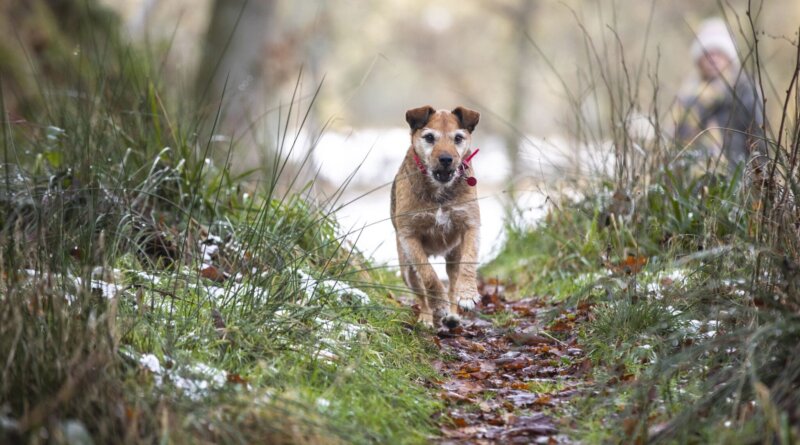Are Ticks Active in the Winter?
Even the most obsessive dog owners may let their flea-and-tick guard down when the winter winds kick in to save some time and money. The only problem is that skipping your dog’s flea-and-tick preventative in the winter could come back to bite you and your furry family member.
Are Ticks Active in Winter?
It’s natural to wonder, are ticks active in winter? Yes and no. Thinking that ticks pay attention to the start and end of winter is a potentially dangerous misconception. During a mild winter, ticks remain active. And even during a normal winter in a typically cold region, a few days above freezing can reanimate ticks. In many areas, winters are mild enough for some tick species to remain active throughout the season, putting your dog – and you – at risk on walks or hikes.
Sub-Freezing Temps Slow Ticks Down
While most ticks may be dormant when the temperatures drop below freezing, fleas flourish indoors, so winter means little to these notorious bloodsuckers. They can attach to clothes, carpeting and more – and holiday travel may increase fleas’ mobility – and eventually these annoying insects will bring your dog a miserable winter experience. The point: You need year-round flea prevention, which is usually combined with the dog’s tick prevention.
Your Dog Needs 12 Months of Tick Prevention
Using year-round flea-and-tick prevention for your dog offers uninterrupted protection, preventing infestations before they start. Stopping and restarting medication leaves your dog vulnerable. Early intervention – such as a regular medication regime and tick checks after a walk or run – is essential for preventing the spread of fleas and ticks.
While admittedly less of a risk for dogs, winter ticks feast on deer and moose, which can potentially threaten your dog if she spends significant time in areas frequented by these large animals. It’s also rare, but your dog might inadvertently eat a winter tick while exploring an infested area and become ill.
Fight Dog Ticks Year-Round
Practicing year-long flea and tick protection is almost always a good practice, but if you’re insistent that you don’t need prevention in a region with consistently freezing temperatures and minimal indoor flea risk, discuss a seasonal approach with your veterinarian. Be aware, however, that some dogs with chronic illnesses may be best served by using year-round prevention.
When it comes to your dog, you can never be too conscientious. Most veterinarians recommend year-round protection but talk with him or her to determine the right approach, and possibly the right ingredients, for your dog. And, of course, take matters into your own hands and always check your dog for ticks, no matter how cold it is outside.




